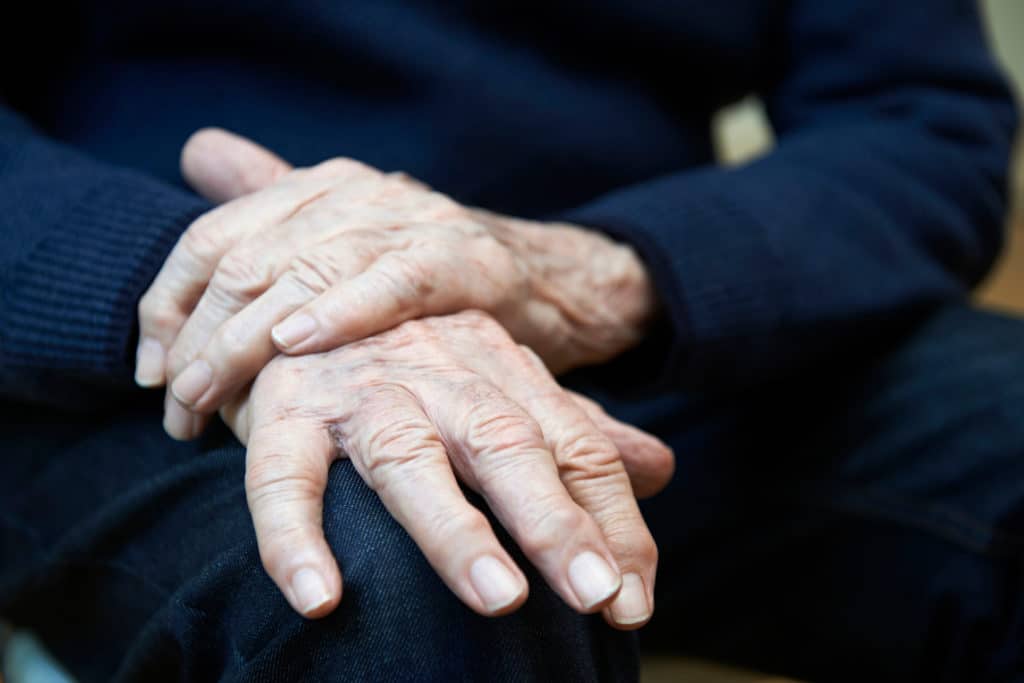
Fifteen percent of those who suffer from Parkinson’s disease are under 40, and the rate of the illness increases with age. Although the cognitive skills of a person with Parkinson’s are not always affected by the illness, the hand tremors, stiffness and other mobility problems make everyday life difficult. Stress seems to exacerbate the problems accompanying the disease, and frequently in older persons, Parkinson’s is just one factor in an individual’s healthcare.
Because the disease creates a chronic and progressive problem, the earlier you begin to evaluate your planning needs, the better.
Whether you are the one with Parkinson’s disease, or whether it is a beloved family member, you will find yourself going through what famed psychologist Elizabeth Kubler-Ross labeled the five stages of grief: denial, anger, bargaining, depression and acceptance. The stages do not necessarily happen in order, and just because you pass through one stage does not mean you will not revisit it again later.
It is important to realize that you cannot cope alone in such a situation. Aside from surrounding yourself with your loved ones, you will want to seek as much professional advice as possible, from top notch physicians for medical care, to psychologists familiar with coping with terminal illnesses, to a good disability and elder law attorney to help you make sound legal decisions.
As difficult as it is to face, now is the time to ensure your desires are known regarding medical care, to put in place individuals who look out for your interests when you are no longer able to, to plan your final act, and to implement a sound estate plan.
If you are helping a family member cope with a diagnosis of Parkinson’s disease, a qualified elder law attorney can work with you to gently and kindly facilitate the discussions that must take place. While you are taking care of the person who has Parkinson’s disease, make sure you remember to take care of yourself as well. The only way to continue to be there for your loved one is to be there for yourself first.
Finally, when you are deciding on which physicians and other professionals to use, be sure to pick providers whose philosophies and outlooks are similar to your own. Be proactive and ask plenty of questions, taking as many notes as you need. If a professional is not comfortable with this, it is time to find another.
USE POWER OF ATTORNEY
Parkinson’s disease can be very disruptive, and there may come a time with the illness that you would prefer others make choices for you, or perhaps the illness will reach a stage where it causes dementia or confusion. We have found that many married people assume that they are allowed to make legally binding decisions on behalf of their spouses. Unfortunately, the law does not work that way. What you will need to do is implement a power of attorney.
A power of attorney can be as broad or as narrow as you would like, and give a range of different abilities to the person holding it. You will want to decide now what you would like done with accounts, taxes and other financial matters.
MEDICAL PLANNING
At first, many people find accepting government benefits to be difficult and do not want to consider it as part of their planning. When an illness such as Parkinson’s disease strikes, however, it is important to consider every avenue possible to care for yourself and to protect your family. Government benefits are a way to get the care you need while protecting your family’s financial security.
Part of good planning can involve divesting assets, but property transfers, including transfers to trust, are examined closely, and frequently the transferred property is still considered part of the assets for determining eligibility. Property divested within 36 months before application is included in determining eligibility, as is property divested into or from a trust within 60 months. Special trusts can be established, though, to create eligibility.
Forming special trusts and other types of financial planning to protect your Medicaid benefits has become somewhat controversial. Many individuals are concerned that they won’t receive the same level of care at a facility that accepts Medicaid as they would if they were private pay patients. The reality is that Medicaid pays for the care of approximately 70 percent of the patients in nursing home facilities.
These same patients are mixed into the same facility with private pay patients. Like two passengers seated side by side on an airplane, one might have paid $250 for a ticket, the other $1,000. Which one would you rather be? Employing strategies to protect your assets is a legitimate way to protect your and your spouse’s financial future.
A diagnosis of Parkinson’s disease means adjusting to decreased mobility and other burdens of the disease. To alleviate problems later, it is important to plan now for the worst to ensure your wishes are carried out and your family protected.





